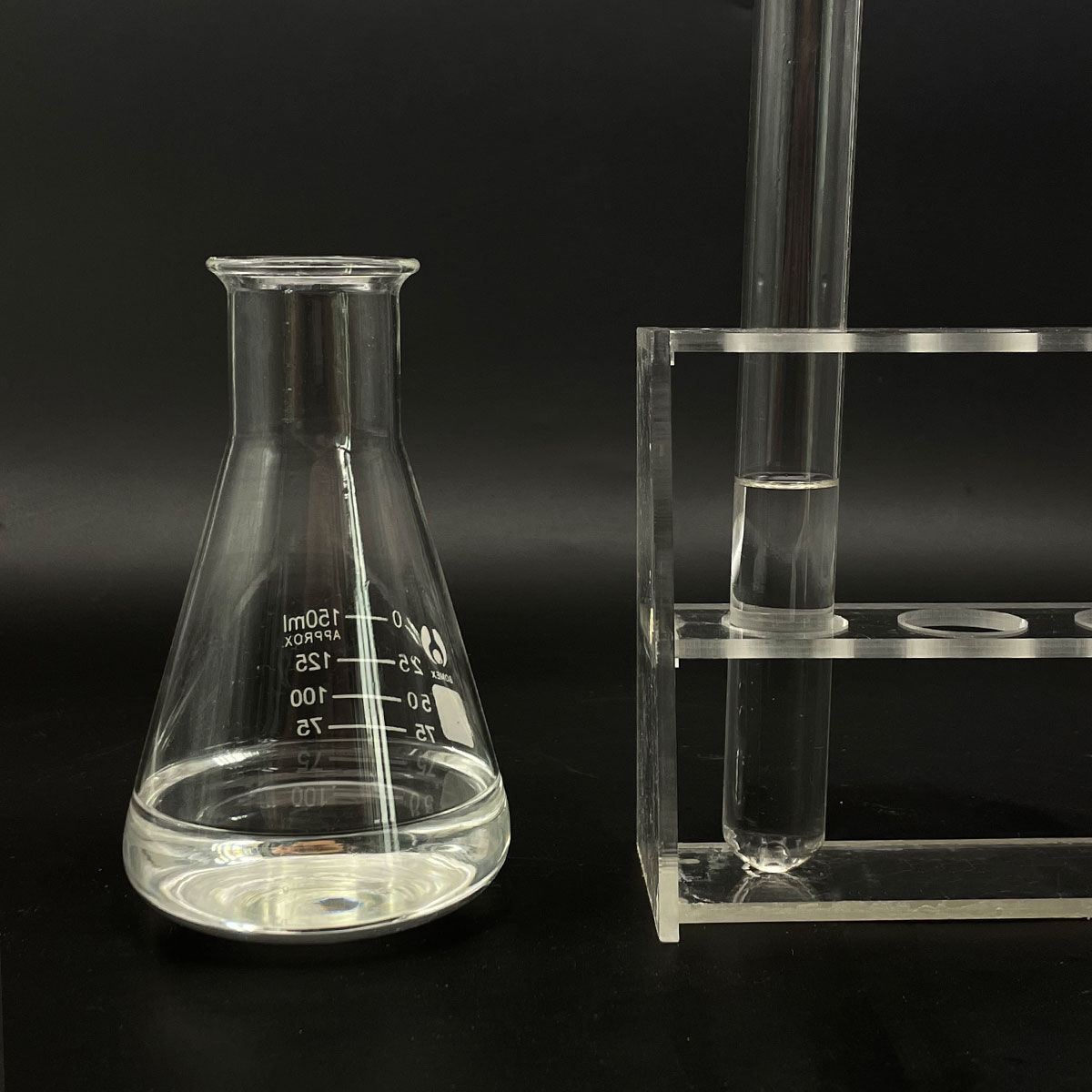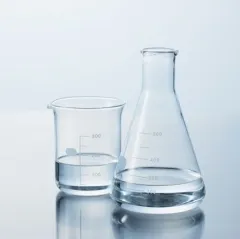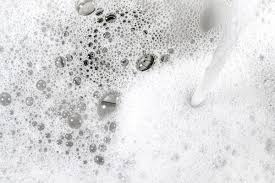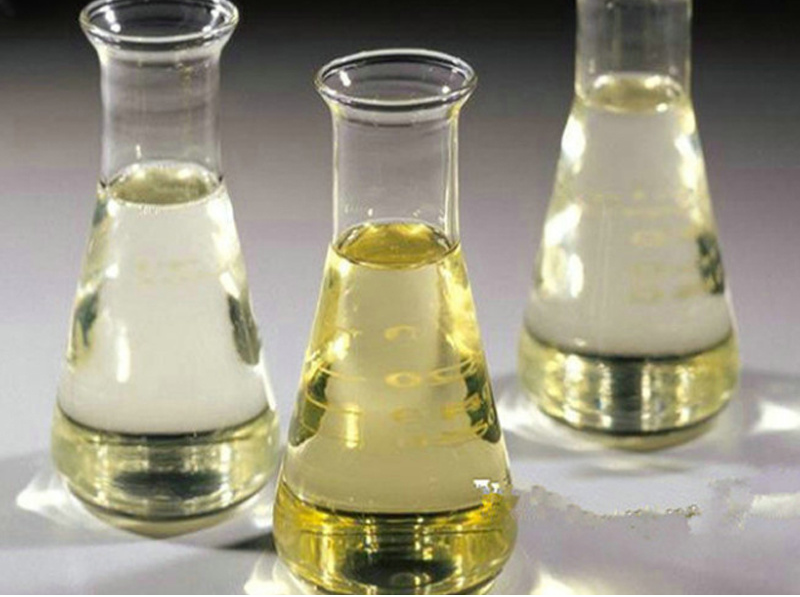**Title:** Surfactants & Black Curly Hair: Friend or Foe?
(Are Surfactants Good On Black Curly Hair ?)
**Main Product Keywords:** Surfactants, Black Curly Hair
**Article:**
Let’s talk about surfactants and black curly hair. This hair type is special. It’s often dry, fragile, and needs serious moisture. Surfactants are in almost every hair product that cleanses or lathers. They are the cleaning agents. But are they good for your beautiful coils? The answer is not simple. It depends heavily on the *type* of surfactant and *how* you use it. Get it wrong, and you risk dryness, frizz, and breakage. Get it right, and you get clean, happy curls without the harsh stripping. We need to understand these ingredients better.
**1. What Exactly Are Surfactants?**
Surfactants are molecules. They have two distinct ends. One end loves water (hydrophilic). The other end loves oil and grease (lipophilic). This dual nature makes them powerful cleaners. When you wash your hair, surfactants work like tiny magnets. The oil-loving end grabs onto sebum, dirt, and product buildup on your hair and scalp. The water-loving end allows all that grime to be rinsed away with water. Think of them as the bridge between oil and water. Without surfactants, shampoo wouldn’t foam. Conditioners wouldn’t spread evenly. Many styling products wouldn’t emulsify. They are fundamental to hair care formulations. But not all surfactants act the same way. Some are very strong. Others are gentle giants.
**2. Why Surfactants Matter for Black Curly Hair**
Black curly hair, especially tighter curl patterns like 4a, 4b, 4c, has unique challenges. Its natural oils (sebum) struggle to travel down the spiral strands. This leads to inherent dryness. The hair shaft is also more fragile and prone to breakage. Harsh surfactants make these problems worse. Strong detergents strip away too much of the hair’s natural oils. This leaves the cuticle rough and open. The result? Extreme dryness, massive frizz, dullness, and breakage. It feels like straw. However, gentle surfactants are necessary. Buildup happens. Dirt, sweat, hard water minerals, and heavy products accumulate. This buildup weighs curls down. It causes scalp irritation. It prevents moisture from penetrating the hair shaft. Gentle surfactants remove this buildup without destroying the hair’s essential moisture barrier. They allow moisture in and keep it locked inside. Finding the right surfactant balance is key to healthy, defined, resilient curls.
**3. How to Choose & Use Surfactants Wisely**
The key is knowing your surfactants. Avoid the harsh ones most of the time. Sodium Lauryl Sulfate (SLS) and Sodium Laureth Sulfate (SLES) are common culprits. They create big lathers but are very stripping. Look for gentler alternatives instead. These include:
* **Cocamidopropyl Betaine:** Derived from coconut oil, it’s a common gentle co-surfactant.
* **Decyl Glucoside / Lauryl Glucoside:** Sugar-derived surfactants, very mild and non-irritating.
* **Sodium Cocoyl Isethionate:** Creamy and mild, excellent for sensitive scalps and dry hair.
* **Cocamidopropyl Hydroxysultaine:** Very gentle, adds slip and conditioning.
* **Disodium Laureth Sulfosuccinate:** Milder than traditional sulfates, still offers good cleansing.
Frequency matters. You likely don’t need heavy cleansing every day. Try co-washing (cleansing with conditioner) between shampoo days. Use a gentle sulfate-free shampoo weekly or bi-weekly. Reserve stronger clarifying shampoos (even sulfate-free ones) for once a month or less. Always follow cleansing with a rich conditioner or deep treatment. Apply it immediately after rinsing out the shampoo while hair is soaking wet. This locks moisture back in. Focus the conditioner on your mid-lengths and ends. Avoid piling conditioner directly onto your roots if your scalp is oily. Seal everything in with a leave-in conditioner and a natural oil or butter.
**4. Surfactant Applications in Curly Hair Products**
Surfactants pop up everywhere. Knowing where to find them helps you choose better products:
* **Sulfate-Free Shampoos:** These rely on gentle surfactants like the glucosides, betaines, or sulfosuccinates listed above. They cleanse without the “squeaky clean” disaster feeling. Examples: SheaMoisture Coconut & Hibiscus Curl & Shine Shampoo, Mielle Organics Babassu Oil & Mint Deep Moisturizing Shampoo.
* **Co-Washes (Cleansing Conditioners):** These use very mild surfactants, often combined with heavy conditioners. They remove light buildup while adding moisture. Examples: As I Am Coconut CoWash, TGIN Moisture Rich Sulfate Free Shampoo (often acts like a co-wash).
* **Low-Poo Cleansers:** Similar to sulfate-free shampoos, designed for frequent, gentle cleansing.
* **Leave-In Conditioners & Creams:** Some use mild surfactants (like Behentrimonium Methosulfate) to help distribute the product evenly and provide detangling slip. They aren’t rinsed out, so gentleness is crucial.
* **Styling Gels & Mousses:** Certain surfactants help with emulsification, creating a smooth texture and even application. Look for non-drying types.
* **Clarifying Shampoos:** Even sulfate-free clarifiers use stronger surfactants (like Cocamidopropyl Betaine at higher concentrations, or Disodium Laureth Sulfosuccinate). Use them sparingly.
**5. Surfactants & Black Curly Hair: FAQs**
* **Will surfactants always dry out my curls?** No. Only harsh surfactants like SLS/SLES reliably cause severe dryness. Gentle surfactants cleanse effectively without stripping essential moisture. Skipping cleansing entirely leads to buildup, which is also bad.
* **Are all sulfates bad?** Generally, yes, for frequent use on dry, curly hair. Sulfates like SLS and SLES are too stripping. However, some sulfate-free cleansers might use milder sulfonated surfactants like SLSA (Sodium Lauryl Sulfoacetate) or Disodium Laureth Sulfosuccinate, which are much gentler. Check the label.
* **Can I use a sulfate shampoo ever?** Maybe, very occasionally. If you use heavy silicones or extreme buildup occurs, a sulfate shampoo might be needed for a deep reset. Follow it immediately with a deep conditioning treatment. Don’t make it a habit.
* **Is “sulfate-free” always better?** Mostly yes, but read the ingredients. “Sulfate-free” doesn’t automatically mean gentle or moisturizing. Some sulfate-free formulas can still be drying if they rely on strong non-sulfate surfactants or lack conditioning agents. Look for specific gentle surfactants and moisturizing ingredients.
* **How do I know if a surfactant is too harsh for my hair?** Your hair will tell you! Signs include: extreme squeakiness when wet, feeling rough or straw-like when dry, excessive frizz immediately after washing, increased tangling, and scalp tightness or itchiness. If you experience this, switch to a gentler cleanser.
(Are Surfactants Good On Black Curly Hair ?)
* **Do conditioners have surfactants?** Rinse-out conditioners often use cationic surfactants (like Behentrimonium Chloride or Cetrimonium Chloride). These aren’t for cleansing. They coat the hair shaft to reduce static, add shine, and improve manageability. They are generally beneficial and not drying. Leave-ins might contain milder versions for slip.
Inquiry us
if you want to want to know more, please feel free to contact us.




